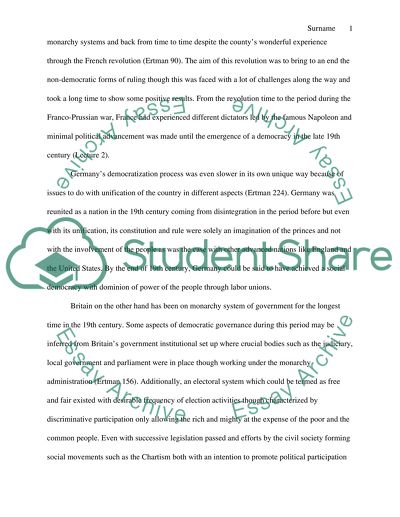Cite this document
(“Political Development of Western Europe Essay Example | Topics and Well Written Essays - 1750 words”, n.d.)
Retrieved from https://studentshare.org/history/1445284-political-development-of-western-europe
Retrieved from https://studentshare.org/history/1445284-political-development-of-western-europe
(Political Development of Western Europe Essay Example | Topics and Well Written Essays - 1750 Words)
https://studentshare.org/history/1445284-political-development-of-western-europe.
https://studentshare.org/history/1445284-political-development-of-western-europe.
“Political Development of Western Europe Essay Example | Topics and Well Written Essays - 1750 Words”, n.d. https://studentshare.org/history/1445284-political-development-of-western-europe.


